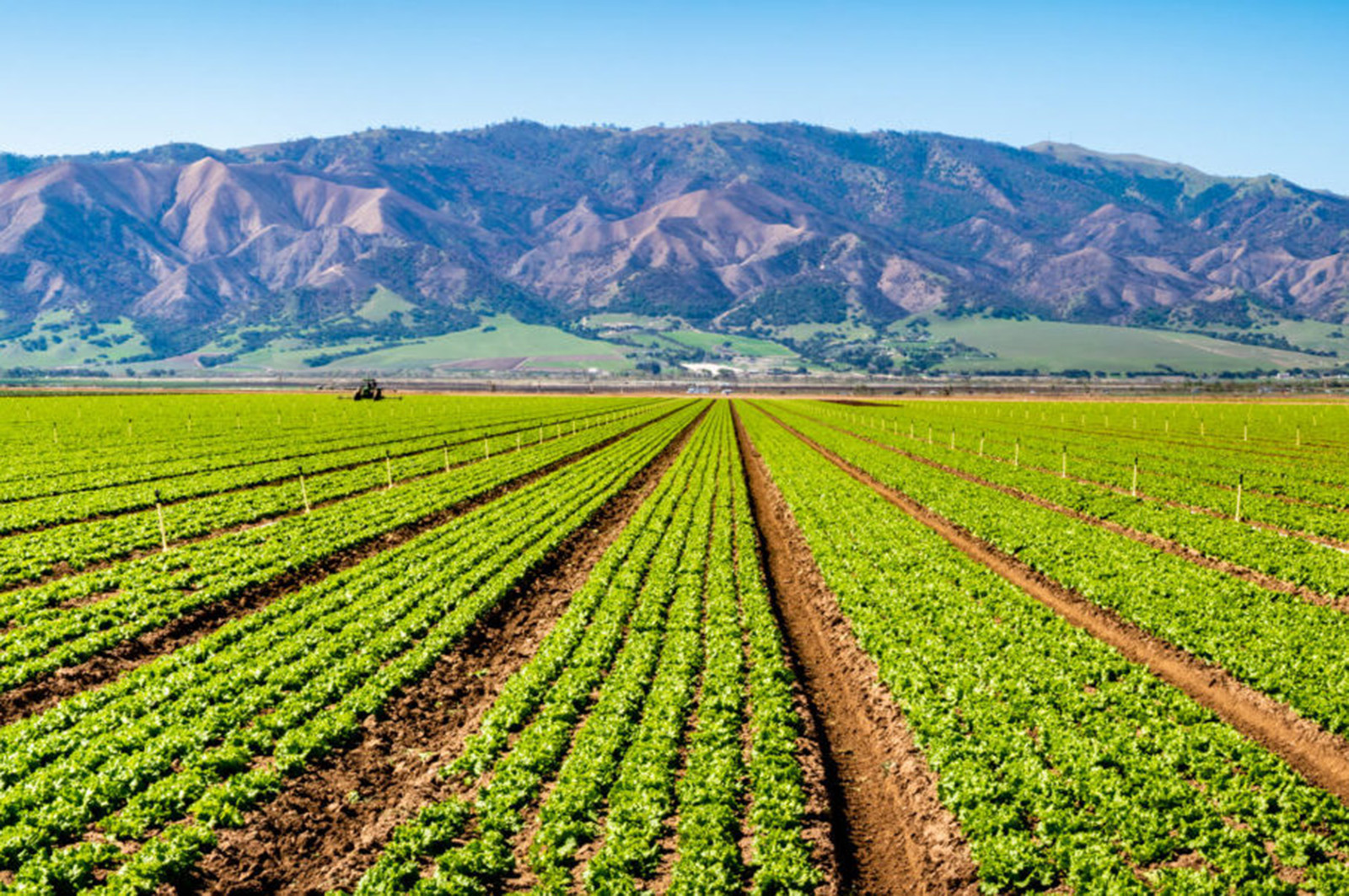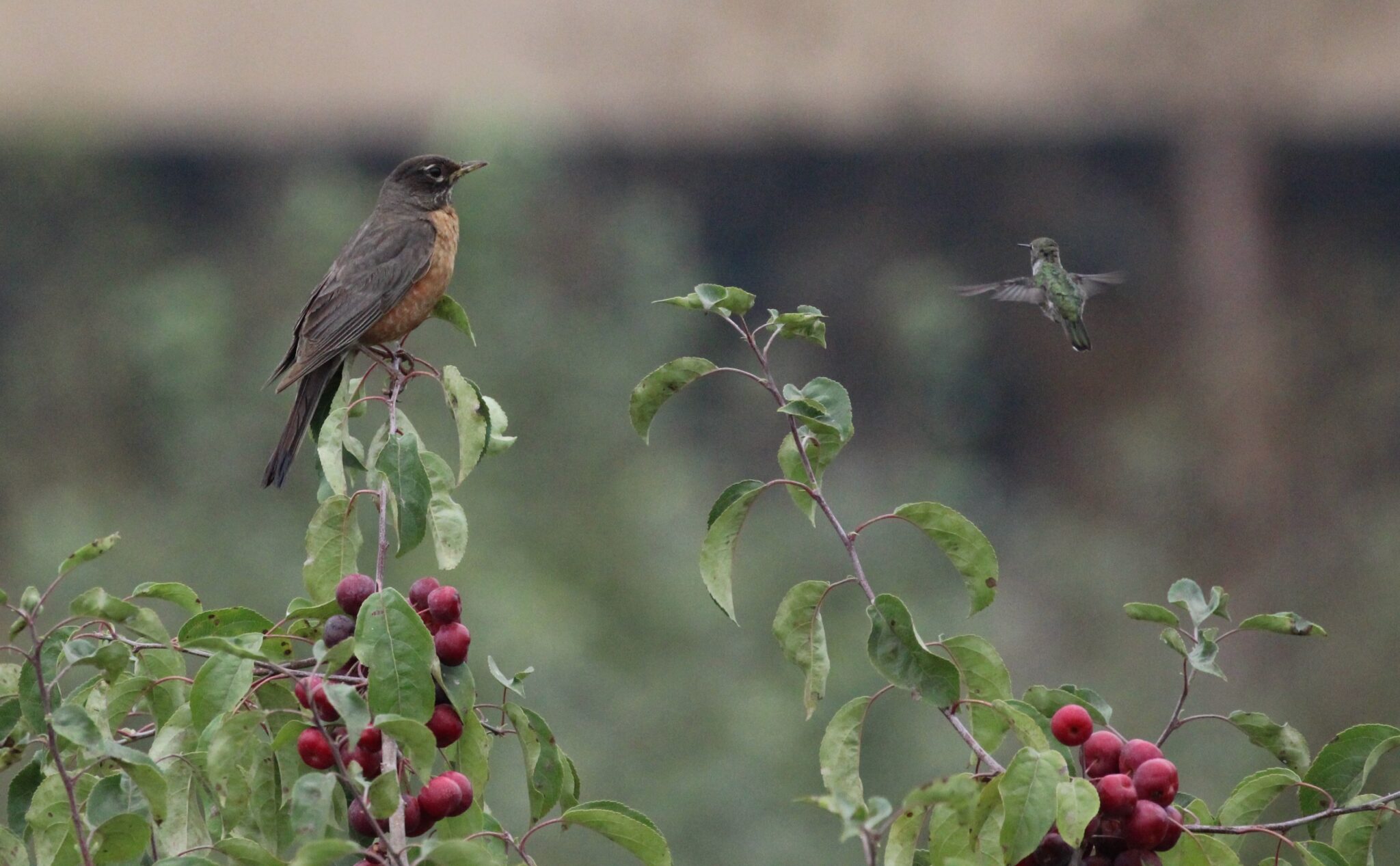The contemporary use of the term “agroecology” dates to the 1970s, when scientist Efraím Hernández Xolocotzi, plant pathologist Roberto García Espinosa, and ecologist Steve Gliessman developed a masters program on agroecología at Colegio Superior de Agricultura Tropical in Mexico. Their program was based on the high-yield, polycultural practices of Indigenous Mayan farmers, as opposed to the high-input, mechanized agricultural systems normalized by the Green Revolution.
In the 1980s, Gliessman developed an English-language Agroecology Program at UC Santa Cruz. Around this time, Altieri was also laying the foundation for an agroecology lab at UC Berkeley. Currently, BFI’s Co-Associate Faculty Director Tim Bowles, Assistant Professor of Agroecology in the Department of Environmental Science, Policy, and Management, leads the Berkeley Agroecology Lab, which explores the soil health, carbon sequestration potential, and water dynamics of agroecosystems in California. This work builds on the research of agroecologists, extension specialists, and soil ecologists throughout the UC system and beyond, such as Carol Shennan and Joji Muramoto at UC Santa Cruz and Louise Jackson at UC Davis.
As a part of the University of California system, we at BFI lean on peer-reviewed, scientific evidence that supports agroecological practices as ecologically and economically sustainable. Ultimately, we recognize that from the start, the academic field of agroecology has been based on a science and practice that did not originate in the university but in the old innovations of the local, place-based knowledge of small-scale farmers.



